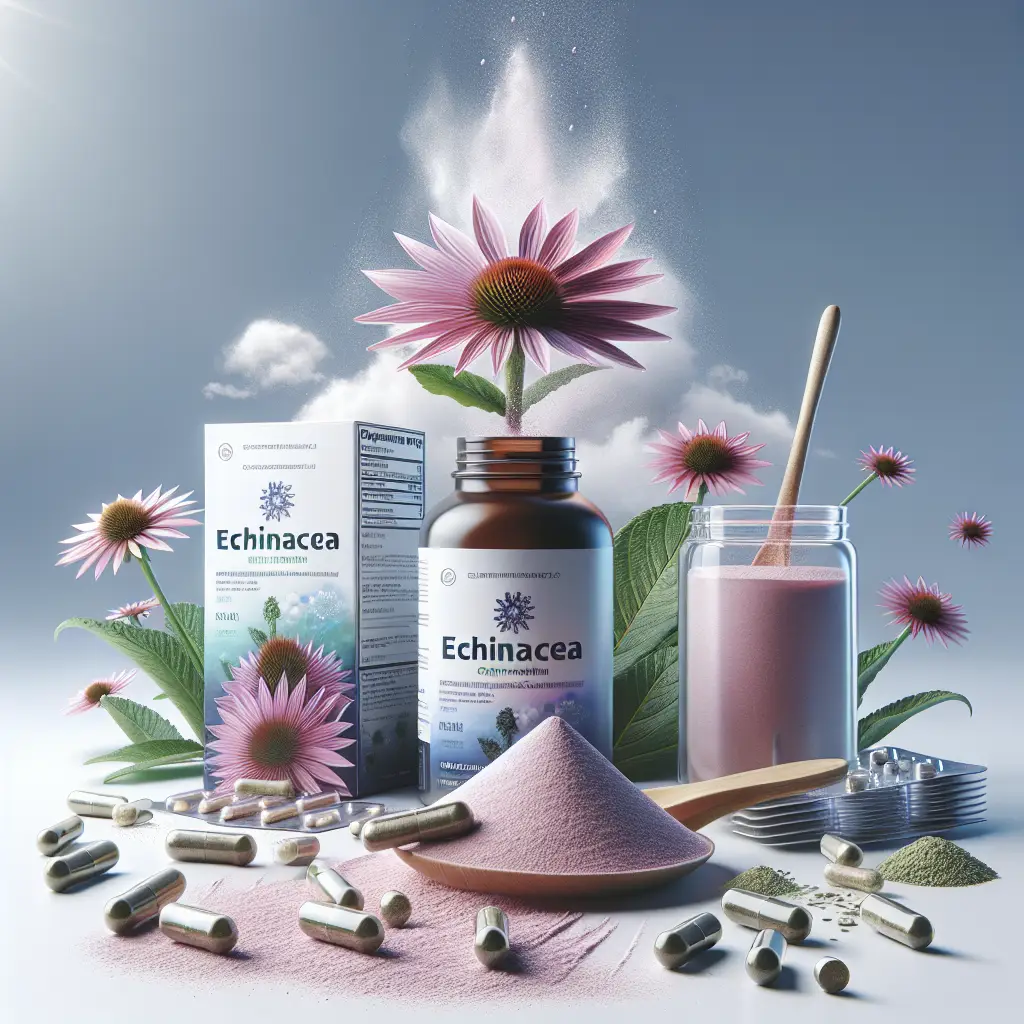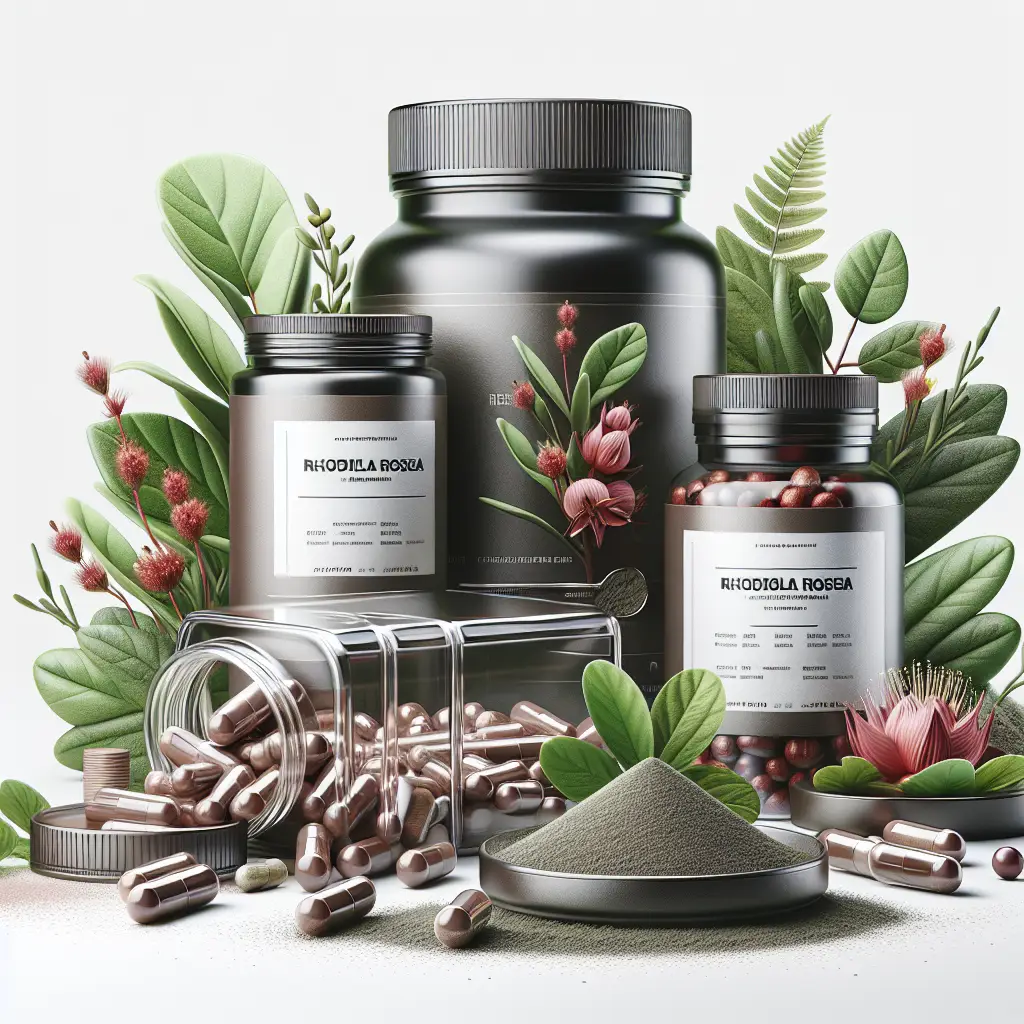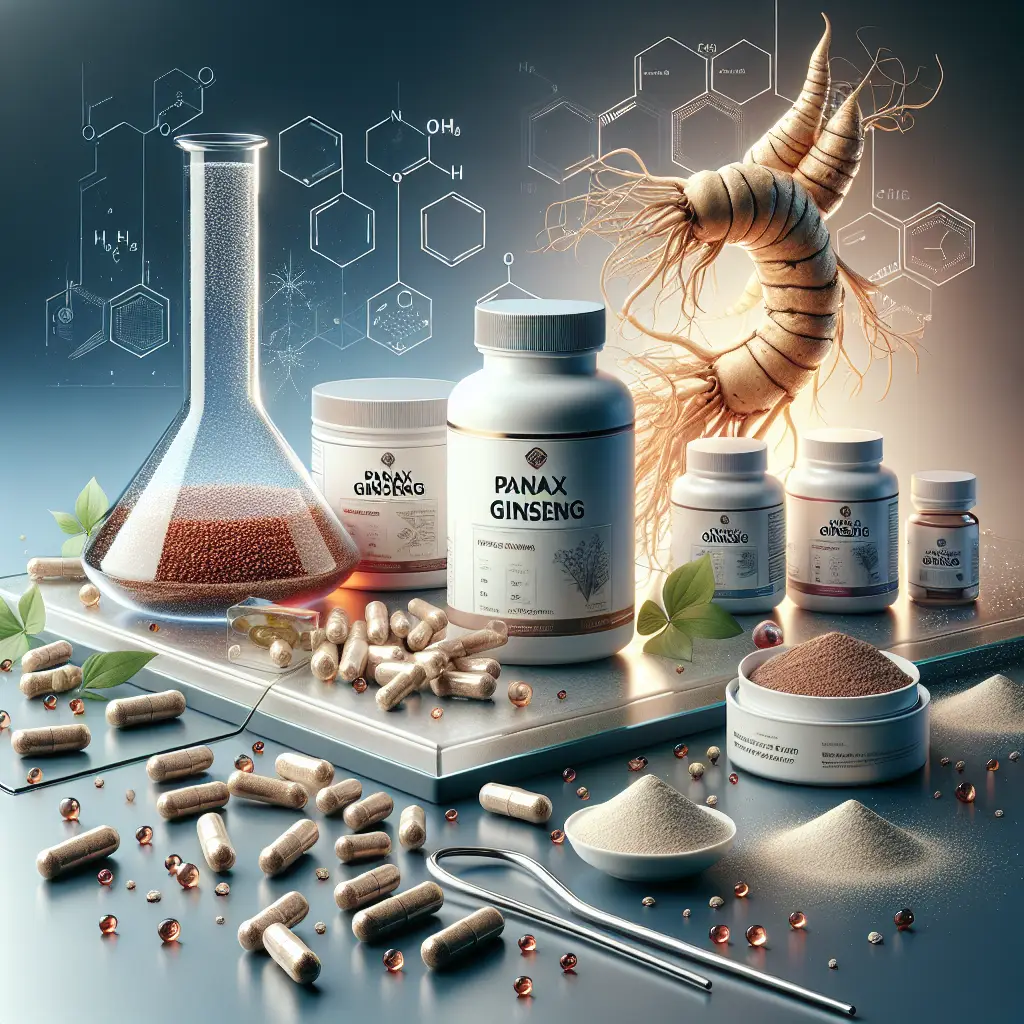Echinacea
Understanding Echinacea: Nature's Immune Booster
Echinacea, commonly known as coneflower, is a flowering plant native to North America. Belonging to the Asteraceae family, Echinacea is composed of various species, with Echinacea purpurea, Echinacea angustifolia, and Echinacea pallida being the most commonly used in herbal supplements. Rich in active compounds such as polysaccharides, flavonoids, and alkylamides, Echinacea is touted for its potential health benefits.
Benefits of Echinacea
- Boosts Immune Function: Echinacea is primarily known for enhancing the immune system, potentially reducing the duration and severity of colds and flu.
- Anti-inflammatory Properties: It may help alleviate inflammation, benefiting conditions like arthritis and other inflammatory diseases.
- Antioxidant Effects: Echinacea contains antioxidants, which help protect cells from oxidative stress and damage.
- Supports Respiratory Health: Echinacea may aid in relieving symptoms of respiratory tract infections and improving overall respiratory health.
- Skin Health: Topically applied Echinacea may improve skin conditions like eczema and psoriasis due to its anti-inflammatory and antimicrobial properties.
Types or Forms Available
Echinacea is available in various forms, including:
- Capsules/Tablets: Convenient for daily supplementation.
- Liquid Extracts/Tinctures: Concentrated forms that allow for quick absorption.
- Teas: Traditional method of consuming Echinacea, producing a soothing drink.
- Topical Creams: Used for skin applications, targeting localized issues.
How to Use Echinacea
When considering Echinacea supplementation, it is essential to follow recommended dosages:
- General Immune Support: 300-500 mg of Echinacea extract taken 2-3 times daily.
- During Acute Illness: Dosages can increase to 900-1,200 mg daily, divided into multiple doses.
- Topical Use: Apply as directed on skin products, ensuring the area is clean before application.
Timing is essential; for optimal immune support, begin taking Echinacea at the first sign of cold symptoms. Continuous daily use is generally not recommended for longer than eight weeks.
Side Effects and Considerations
Echinacea is generally considered safe for most people; however, it may cause mild side effects, such as:
- Digestive upset (nausea, diarrhea)
- Allergic reactions, especially in individuals allergic to ragweed or other plants in the Asteraceae family
Individuals with autoimmune disorders, pregnant or breastfeeding women, and those taking immunosuppressive medications should consult with a healthcare professional before use.
Foods Rich in Echinacea
While Echinacea itself is not commonly found in food sources, it is primarily consumed in supplement form. However, incorporating a variety of fruits and vegetables rich in vitamins C and E can synergize with Echinacea to support immune health.
Common Myths About Echinacea
- "Echinacea cures colds instantly." – Echinacea may reduce the duration and severity of colds but is not a cure.
- "All Echinacea supplements are the same." – Different species and preparations may have varying potency and efficacy; always check for quality and standardization.
- "Echinacea has no scientific backing." – Numerous studies support its immune-boosting properties, though individual responses may vary.
Conclusion
Echinacea stands out as a powerful herbal supplement for bolstering immune health and supporting overall wellness. With its range of forms and wide array of benefits, incorporating Echinacea can be a valuable addition to a health-conscious lifestyle, especially during cold and flu seasons. As with any supplement, it's essential to consult with a healthcare professional for personalized advice and to ensure it aligns with your health goals.















